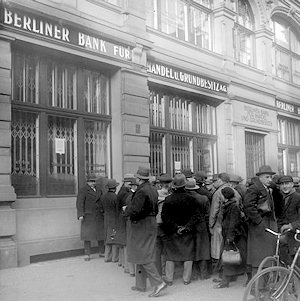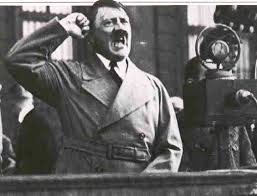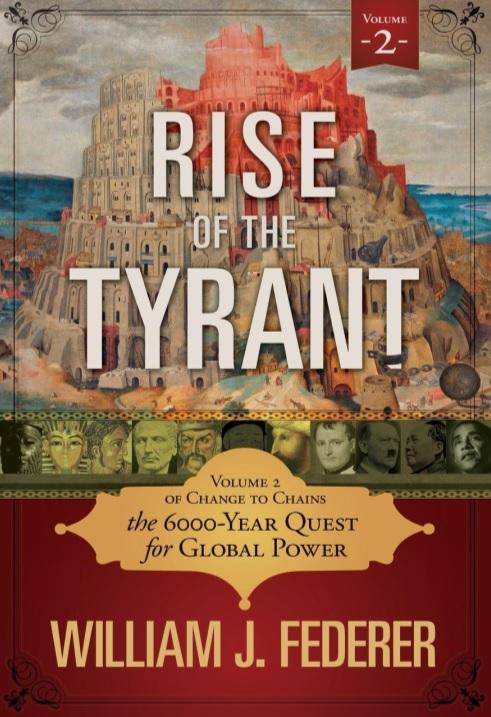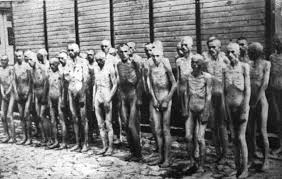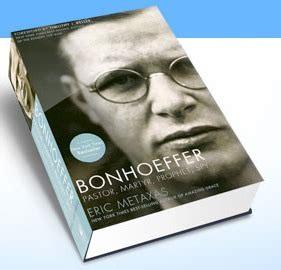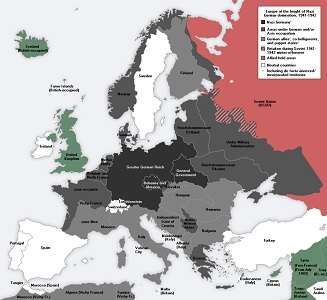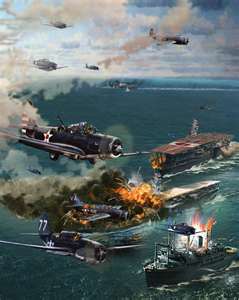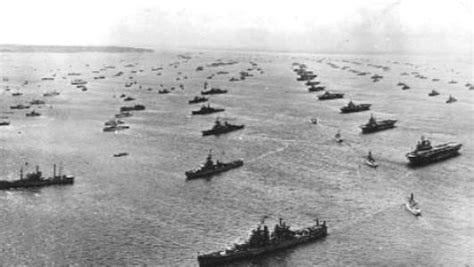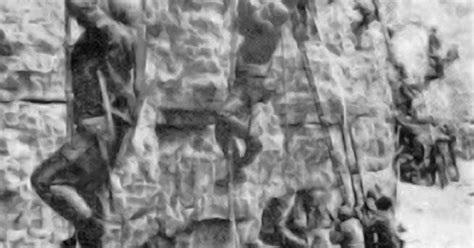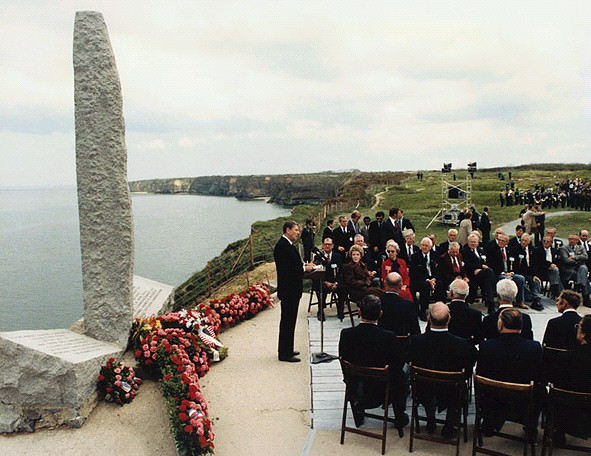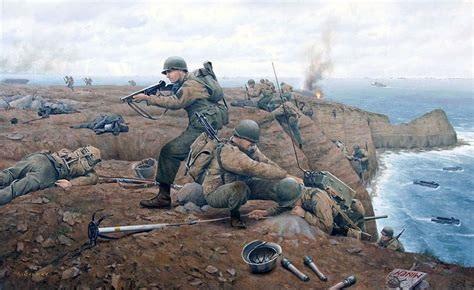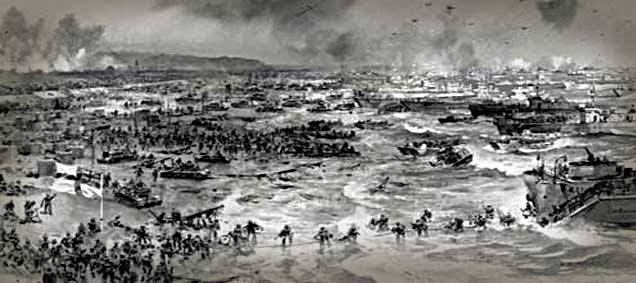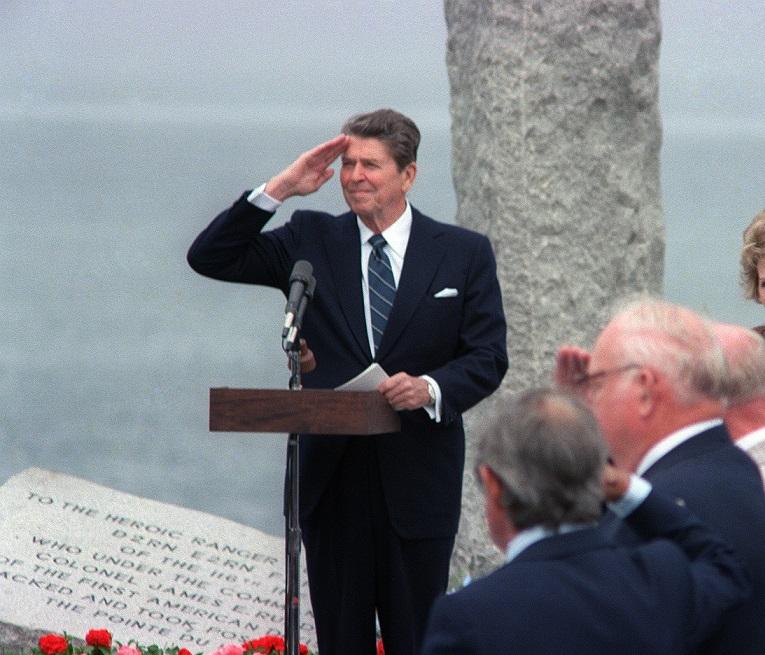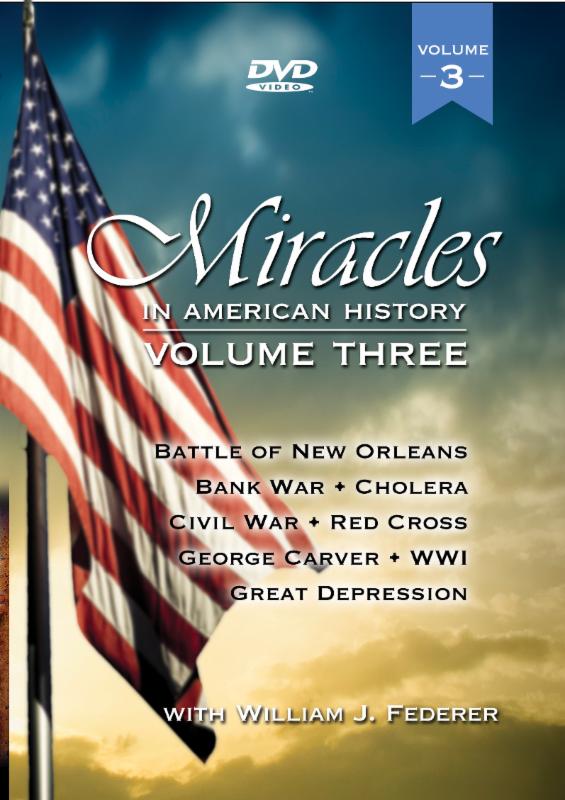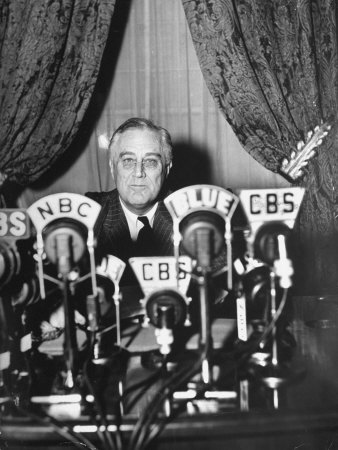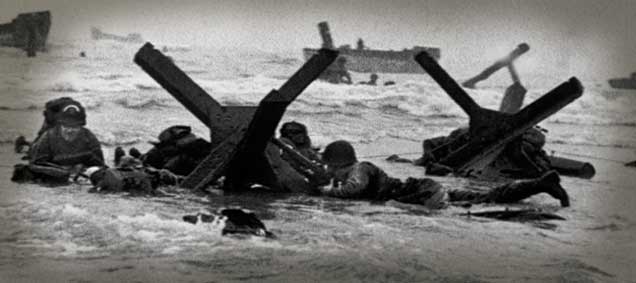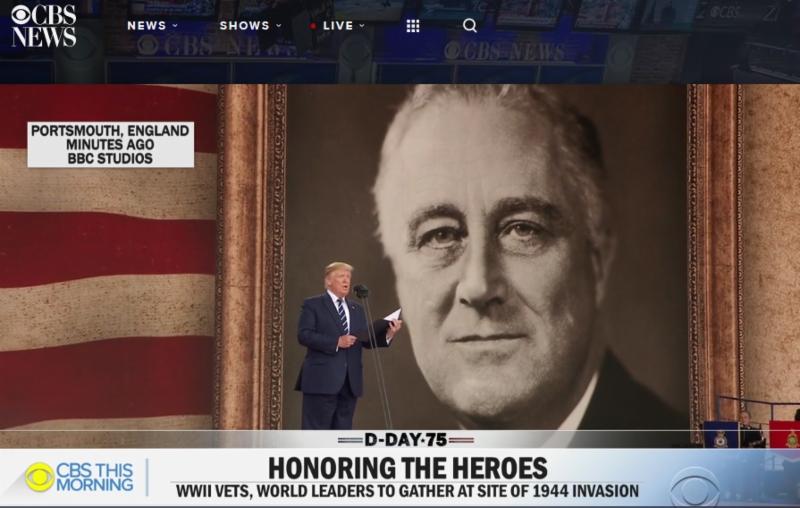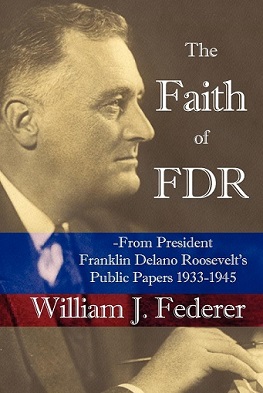After World War I, Germany’s economy suffered from depression and a devaluation of their currency.
On January 30, 1933, Adolph Hitler was elected Chancellor of Germany by promising hope and universal healthcare.
|
|
Less than a month later, on February 27, 1933, a crisis occurred — the Rheichstag, Germany’s Capitol Building, was suspiciously set on fire.
Hitler was quick to use this crisis as an opportunity to set aside Germany’s Weimar Republic and seize emergency powers as a dictator.
He suspended basic rights and accused his political opponents of conspiracy.
|
|
He ordered mass arrests followed by executions, even ordering his SS and Gestapo secret police to murder rivals, as on the Night of the Long Knives.
|
|
Hitler confiscated guns, forced old German military leaders to retire, and swayed the public with mesmerizing speeches.
|
|
In socialist countries, a person’s life is only of worth if it benefits the state.
Those not benefiting the state are removed.
|
|
National Socialist Workers Party operated over 1,200 concentration camps where millions of Jews, Poles, Gypsies, handicapped, and others were experimented upon, tortured, or were killed in gas chambers.
|
|
German churches were silent, as they had for centuries taught pietism – a version of separation of church and state where Christians were instructed to focus on their own personal spiritual life and withdraw from involvement in worldly politics.
As a result, the church stood by as the National Socialist Workers Party usurped power, only to be stopped by the sacrifice of millions of courageous Allied soldiers.
|
|
By the time a few courageous Germany church leaders spoke out, such as Dietrich Bonhoeffer, it was too late – the government had grown so powerful it simply arrested and executed them.
|
|
Hitler’s National Socialist Workers’ Party used diplomatic intimidation, deception, and Blitzkrieg “lightning war” attacks to take control of:
|
|
- Austria,
- The Sudeten Region,
- Bohemia,
- Moravia,
- Poland,
- Denmark,
- Norway,
- Luxembourg,
- Belgium,
- Holland,
- France,
- Monaco,
- Greece,
- The Channel Island (UK),
- Czechoslovakia,
- Baltic states,
- Serbia,
- Italy,
- Hungary,
- Romania,
- Bulgaria,
- Slovakia,
- Finland,
- Croatia, and more.
|
|
Other Axis Powers were also aggressively expanding:
- Italy had invaded Ethiopia in 1935, and
- the Empire of Japan had invaded China in 1937.
|
|
The United States entered World War II on December 7, 1941, when Japan bombed Pearl Harbor.
|
|
The turning point in the Pacific War was the Battle of Midway, June 4, 1942.
|
|
The turning point in the War in Europe was D-Day, JUNE 6, 1944.
Over 160,000 troops from America, Britain, Canada, free France, Poland, and other nations landed along a 50-mile stretch of the Normandy coast of France.
|
|
It was the largest seaborne invasion force in world history, supported by 13,000 aircraft, 5,000 ships with 195,700 navy personnel.
Prior to the invasion, Allies attempted to mislead the Nazis as to where the attack would take place.
|
|
The invasion was supposed to take place June 5, but the weather was so bad aircraft could not fly. General Eisenhower gave the risky order to delay the attack 24 hours to allow the weather and tide to improve.
The night before, Allied aircraft launched an enormous air assault on Nazi defenses, batteries, and bridges.
|
|
Then paratroopers were sent in behind enemy lines to cut off their supplies.
President Ronald Reagan stated at the 40th Anniversary of D-Day:
“Something else helped the men of D-day: their rockhard belief that Providence would have a great hand in the events that would unfold here; that God was an ally in this great cause.
And so, the night before the invasion, when Colonel Wolverton asked his parachute troops to kneel with him in prayer he told them:
‘Do not bow your heads, but look up so you can see God and ask His blessing in what we’re about to do.’
Also that night, General Matthew Ridgway on his cot, listening in the darkness for the promise God made to Joshua: ‘I will not fail thee nor forsake thee.'”
|
|
Then elite Army Rangers went in to scale the cliffs and take out Nazi machine gun positions.
|
|
President Reagan stated:
“40 years ago at this moment, the air was dense with smoke and the cries of men, and the air was filled with the crack of rifle fire and the roar of cannon.
At dawn, on the morning of the 6th of June, 1944, 225 Rangers jumped off the British landing craft and ran to the bottom of these cliffs.
Their mission was one of the most difficult and daring of the invasion: to climb these sheer and desolate cliffs and take out the enemy guns.
The Allies had been told that some of the mightiest of these guns were here and they would be trained on the beaches to stop the Allied advance.
|
|
… The Rangers looked up and saw the enemy soldiers — the edge of the cliffs shooting down at them with machineguns and throwing grenades.
And the American Rangers began to climb.
They shot rope ladders over the face of these cliffs and began to pull themselves up. When one Ranger fell, another would take his place.
When one rope was cut, a Ranger would grab another and begin his climb again. They climbed, shot back, and held their footing.
|
|
… Soon, one by one, the Rangers pulled themselves over the top, and in seizing the firm land at the top of these cliffs, they began to seize back the continent of Europe. Two hundred and twenty-five came here.
After 2 days of fighting, only 90 could still bear arms.”
|
|
At 6:30am, Allied forces began landing.
Troops ran across the heavily fortified beaches of:
- Utah Beach
- Pointe du Hoc
- Omaha Beach
- Gold Beach
- Juno Beach
- Sword Beach
|
|
Ocean water ran red with the blood of almost 9,000 killed or wounded.
In the next two and a half months, over two million soldiers arrived on the shores. Pairs was liberated on August 25, 1944, and the Nazi war machine back over the Seine River.
It was a turning point in World War II.
|
|
Reagan continued:
“The men of Normandy had faith that what they were doing was right, faith that they fought for all humanity, faith that a just God would grant them mercy on this beachhead or on the next.
It was the deep knowledge — and pray God we have not lost it — that there is a profound, moral difference between the use of force for liberation and the use of force for conquest.”
|
|
Shortly after D-Day, a courageous German resistance movement was formed which attempted to assassinate Hitler, but he survived.
Hitler retaliated by killing over 7,000 Germans.
|
|
In his D-Day Orders, JUNE 6, 1944, Supreme Allied Commander General Dwight Eisenhower sent nearly 100,000 Allied troops marching across Europe to defeat Hitler’s National Socialist Workers Party:
“You are about to embark upon a great crusade … The eyes of the world are upon you.
The hopes and prayers of liberty loving people everywhere march with you …
|
|
You will bring about … the elimination of Nazi tyranny over the oppressed peoples of Europe …
Your task will not be an easy one. Your enemy is well trained, well equipped and battle hardened, he will fight savagely …
And let us all beseech the blessings of Almighty God upon this great and noble undertaking.”
|
|
President Franklin Roosevelt stated JUNE 6, 1944:
“My fellow Americans: Last night, when I spoke with you about the fall of Rome, I knew at that moment that troops of the United States and our allies were crossing the Channel in another and greater operation …
I ask you to join with me in prayer:
|
|
Almighty God, Our sons, pride of our Nation, this day have set upon a mighty endeavor, a struggle to preserve our republic, our religion, and our civilization …
Give strength to their arms, stoutness to their hearts, steadfastness in their faith. They will need Thy blessings. Their road will be long and hard.
For the enemy is strong. He may hurl back our forces … We know that by Thy grace, and by the righteousness of our cause, our sons will triumph …
Some will never return. Embrace these, Father, and receive them, Thy heroic servants, into Thy kingdom …”
|
|
FDR concluded:
“Help us, Almighty God, to rededicate ourselves in renewed faith in Thee in this hour of great sacrifice …
I ask that our people devote themselves in a continuance of prayer. As we rise to each new day, and again when each day is spent, let words of prayer be on our lips, invoking Thy help to our efforts.
Give us strength … and, O Lord, give us Faith. Give us Faith in Thee … With Thy blessing, we shall prevail over the unholy forces of our enemy …
And a peace that will let all of men live in freedom, reaping the just rewards of their honest toil. Thy will be done, Almighty God. Amen.”
|
|
FDR’s D-Day Prayer will be added to the World War II Memorial in Washington, D.C., thanks to the efforts of Chris Long of the Ohio Christian Alliance who initiated The D-Day Landing Prayer Act (S 1044).
|
|
A bipartisan bill was introduced in the House by Ohio Congressman Bill Johnson, introduced in the Senate by Ohio Senator Rob Portman, and signed into law in 2014.
|
|
As the memorial is to acknowledge prayer, Federal funds cannot be used to avoid lawsuits, therefore all funds for the project must be voluntarily given.
|
|
President Donald Trump read a portion of Franklin Roosevelt’s D-Day Prayer at the 75th anniversary memorial event held in Portsmouth, England, with England’s Queen Elizabeth II, Prime Minister Theresa May, French President Emmanuel Macron, and other world leaders.
|
|
Eleven months after D-Day, the war in Europe ended with an Allied victory on May 8, 1945.
|
|
Franklin Roosevelt stated in his D-Day Prayer that the war was “a struggle to preserve our republic, our religion, and our civilization.” He gave further insight during a Fireside Chat, April 28, 1942:
“THIS GREAT WAR effort must be carried through … It shall not be imperiled by the handful of noisy traitors — betrayers of America, betrayers of Christianity itself.”
|
|
FDR stated at Madison Square Garden, NY, October 28, 1940:
“WE GUARD AGAINST the forces of anti-Christian aggression, which may attack us from without, and the forces of ignorance and fear which may corrupt us from within.”
|
|
FDR stated in Brooklyn, New York, November 1, 1940:
“THOSE FORCES HATE democracy and Christianity as two phases of the same civilization. They oppose democracy because it is Christian. They oppose Christianity because it preaches democracy.”
|
|
FDR stated in a Labor Day Address, September 1, 1941:
“PRESERVATION OF THESE rights is vitally important now, not only to us who enjoy them, but to the whole future of Christian civilization.”
|
|
FDR addressed Congress, March 1, 1945:
“I SAW SEVASTOPOL and Yalta! And I know that there is not room enough on earth for both German militarism and Christian decency.”
|
|
FDR stated May 27, 1941:
“THE WHOLE WORLD is divided between … pagan brutality and the Christian ideal. We choose human freedom which is the Christian ideal.”
|
|
Schedule Bill Federer for informative interviews & captivating PowerPoint presentations: 314-502-8924 wjfederer@gmail.comAmerican Minute is a registered trademark of William J. Federer. Permission is granted to forward, reprint, or duplicate, with acknowledgment.
|
|
|
|
|
|
|


